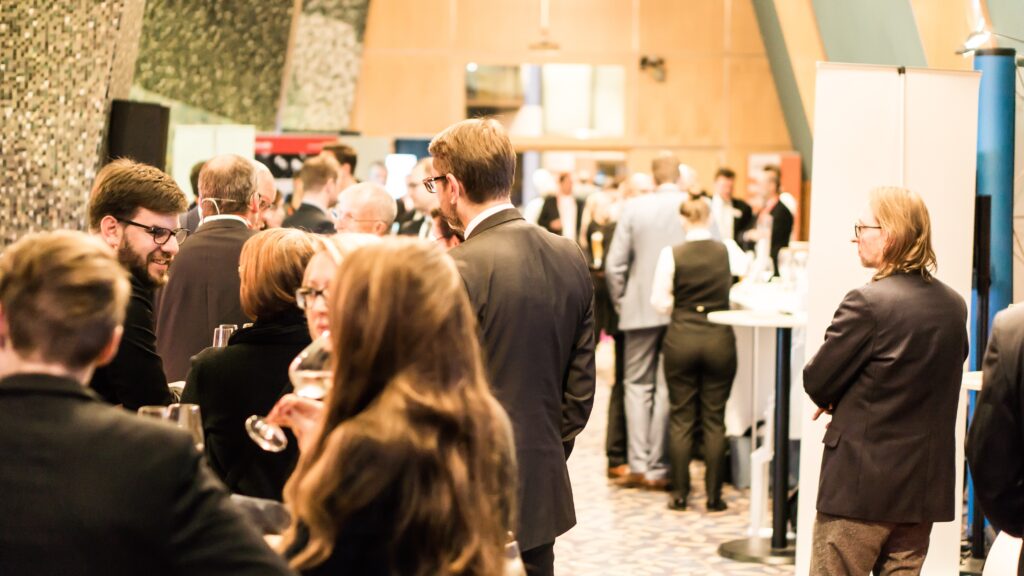Regional Innovation and Technological Change

By Simone Grabner (email).
This year I attended the RSA Annual Conference in Ljubljana thanks to the support of the RSA and its RSA conference bursary. Considering my research interests, I attended many “Regional Innovation and Technological Change” sessions. The sessions covered various issues related to innovation & change and thus provided space for a fruitful exchange between different approaches and methods. The regional innovation process refers to creating and diffusing new ideas, technologies and practices within specific geographical areas. As such, innovation and technological change play a vital role in shaping the dynamics of modern regional economies, enabling regions to adapt to changing economic demands, address societal challenges and capitalise on their unique resources and strengths.
The sessions I attended proved that the RSA community is at the forefront of regional innovation research. Regarding methods, I was pleased to hear about two exciting research projects using quantitative text analysis. The importance of textual data for research is growing as a valuable tool to overcome the limitations of traditional statistical and econometric methods used in regional studies. Combined with administrative and geospatial data, textual data allows researchers to gain a more complete picture of regional innovation. Conor Judge’s work on rural development in Ireland and Deivyd Velasquez’s research on place-based policy have certainly demonstrated the usefulness of textual data!
Conceptually, exciting approaches to regional innovation explored the usefulness of concepts established outside of regional studies. For example, Carlo Corradini presented a study (co-authored by Erica Santini and Claudia Vecciolini) arguing that knowledge search processes are not yet well understood for regional innovation & technological change. Therefore, their research applies novel indicators of technological search depth and search breadth as factors of regional technological entry. Similarly, Erica Santini presented research (co-authored with Lisa De Propris and Claudia Vecciolini) that introduces a place-based approach to understanding the antecedents of niche-regime interactions. This framework is well established in the literature on multi-level perspectives, but its relevance to place-based perspectives has not been sufficiently explored.
I also noticed increased attention to the role of linkages and connections for innovation beyond the region. I was also pleased to see that research along these lines also focused on the context of emerging economies. For example, Suelene Mascarini presented work (co-authored with Renato Garcia and Pierre-Alexandre Balland) on how Brazilian meso-regions have benefited from transnational linkages. Using patent data, they looked at technological diversification and the role of inventor links abroad. They also considered the complementarity of the linked countries in terms of capabilities. Their findings strongly suggest that for Brazilian meso-regions, whom they are linked to, matters a great deal. Unfortunately, most research on regional innovation is still situated, conceptually and empirically, in Europe and the US regions. Therefore, more studies like the one mentioned above are needed to understand innovation processes in different regions & countries fully.
In conclusion, the RSA Annual Conference in Ljubljana provided valuable insights into regional innovation and technological change. The sessions showcased the forefront of research in the field, including innovative methods such as quantitative text analysis. I look forward to next year’s conference, eager to further expand my knowledge and engage in discussions on emerging trends in regional innovation.
Conference photos, plenary recordings and a short conference video of the 2023 Annual Conference in Ljubljana are available at 2023 RSA Annual Conference.
The next RSA Annual Conference #RSA24 will be held 11th -14th June 2024 at the University of Florence, Italy. For more details, please go to 2024 RSA Annual Conference.
We hope you can join us in Florence for the #RSA24.
Author
Simone Grabner is an economic geographer interested in structural change in regions and cities. Her previous research examined the resilience of regions during economic crises, the development of green technologies, and the significance of interregional connections. Simone is researching science, technology, and innovation policy at the Austrian Institute of SME Research, an independent non-university research institute.